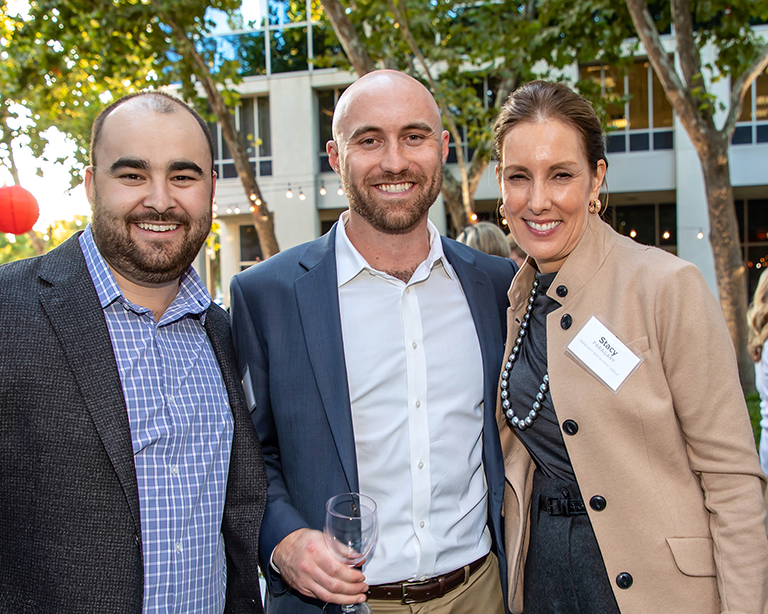

"You understand that you are a representation for a lot of people," Freeman said. Since his promotion, Freeman has heard from Black coaches around the sport. "There's definitely the added pressure, not that he needs to put on himself, but just the microscope he's going to be under." "He is a unicorn, to get a job like Notre Dame right off the bat," Locksley said. At 35, Freeman became head coach of arguably the sport's most famous team. Then, after just one season as Notre Dame's defensive coordinator, he was selected to replace Brian Kelly in late November. Maryland coach Mike Locksley, who in 2020 launched the National Coalition of Minority Football Coaches to promote and develop more candidates, is one of few Black coaches who received a second chance after struggling at his initial opportunity (2-26 at New Mexico).įreeman, meanwhile, began generating head-coaching buzz as a Group of 5 defensive coordinator at Cincinnati, interviewing for Illinois' head-coaching vacancy in 2020 and other jobs. Of that group, only Mason lasted longer than three seasons before being fired.


Those who get head-coaching jobs usually spend many years as assistants before taking over programs near the bottom of the Power 5 or Group of 5, such as Derek Mason ( Vanderbilt), Turner Gill ( Kansas), Jon Embree ( Colorado) and Joker Phillips ( Kentucky). About half of Power 5 teams have never hired a Black head coach, including the past five national championship winners ( Georgia, Alabama, LSU, Clemson and Ohio State). The history of Black men getting opportunities to lead FBS programs is limited, even as representation of Black players has increased on the field. Notre Dame's Marcus Freeman understands why he stands out in the Black college coaching community.


 0 kommentar(er)
0 kommentar(er)
